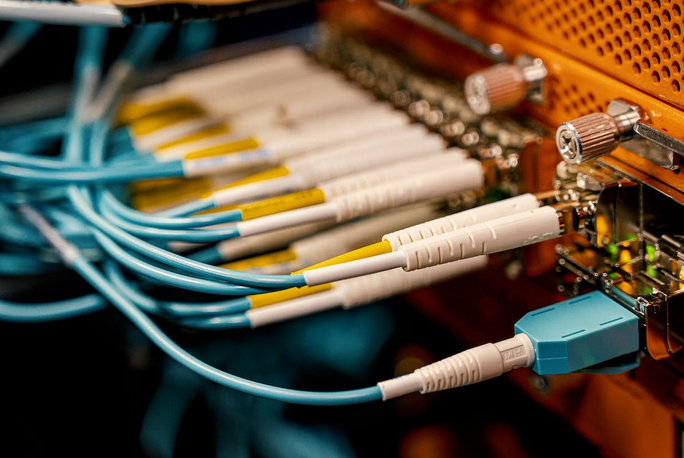
Raise your hand if you’ve ever been frustrated that your Internet connection is much slower than it should be. Are your streaming services lagging or buffering, making watching movies and shows less enjoyable than it could be? You might experience this due to the expected culprits – too many devices connected, old hardware components, bad Wi-Fi signal range – but believe it or not, there are some little-known factors that can also affect your Internet speed and performance. That’s also why the technicians usually use fiber optic testing tool when checking your router.
But there is more than you’ve known; in fact, there is more than the Internet providers don’t want you to know. In this blog post, we will show you these hidden aspects that may contribute to the unexpected slowness of your web browsing and streaming activities. Understanding these potentially overlooked elements not only helps users troubleshoot their own connectivity issues faster but also provides a better insight into the overall dynamics of the technology they use daily.
The Quality of the Fiber Optic System

The fiber optic system is the backbone of your Internet connection, providing you with the fastest speeds available and acting as the primary connection between you and your provider. It’s essential to have a well-maintained fiber network – or else, expect slowdowns in your connection speed. If the fibers used are old, there could be an increased risk of transmission errors.
This is because they tend to be brittle due to their age, leading to loss of data or corruption of the signal sent through them. It’s also important to note that fiber optic cables are affected by temperature changes and weather conditions – if outside temperatures fluctuate significantly throughout the day, this could cause a decline in speed as well.
Interference From Other Wireless Networks
Did you know that, for example, if you use the same frequency as your neighbor’s Wi-Fi signal, it can create interference that slows down your connection speed? This is because both networks are competing for bandwidth and fighting to be heard. In some cases, wireless equipment from other providers may also cause disruption to your own network, leading to slower speeds. If you live in a densely populated area, this is even more likely.
Bandwidth-Intensive Applications
 Have you ever noticed that every time your sibling is watching a movie and you’re trying to play your favorite video game, the connection slows down? This is because streaming videos, playing online games, and other bandwidth-hungry tasks require a lot of data to be sent back and forth between the user and the server. All this traffic can put strain on your connection, resulting in slower speeds for all users on the same network. So if multiple people in your household are using these types of applications at the same time, this could lead to slower connection speeds.
Have you ever noticed that every time your sibling is watching a movie and you’re trying to play your favorite video game, the connection slows down? This is because streaming videos, playing online games, and other bandwidth-hungry tasks require a lot of data to be sent back and forth between the user and the server. All this traffic can put strain on your connection, resulting in slower speeds for all users on the same network. So if multiple people in your household are using these types of applications at the same time, this could lead to slower connection speeds.
Now you’ve got more ideas on why your Internet speed and performance often go up and down like a roller coaster. But what can you do if you’ve done all the usual troubleshooting tips and still experience slowdowns? The best thing to do is contact your Internet provider and ask them to check the quality of your fiber optic system – they can use a specialized testing device like an OTDR which precisely measures the integrity of the cables.